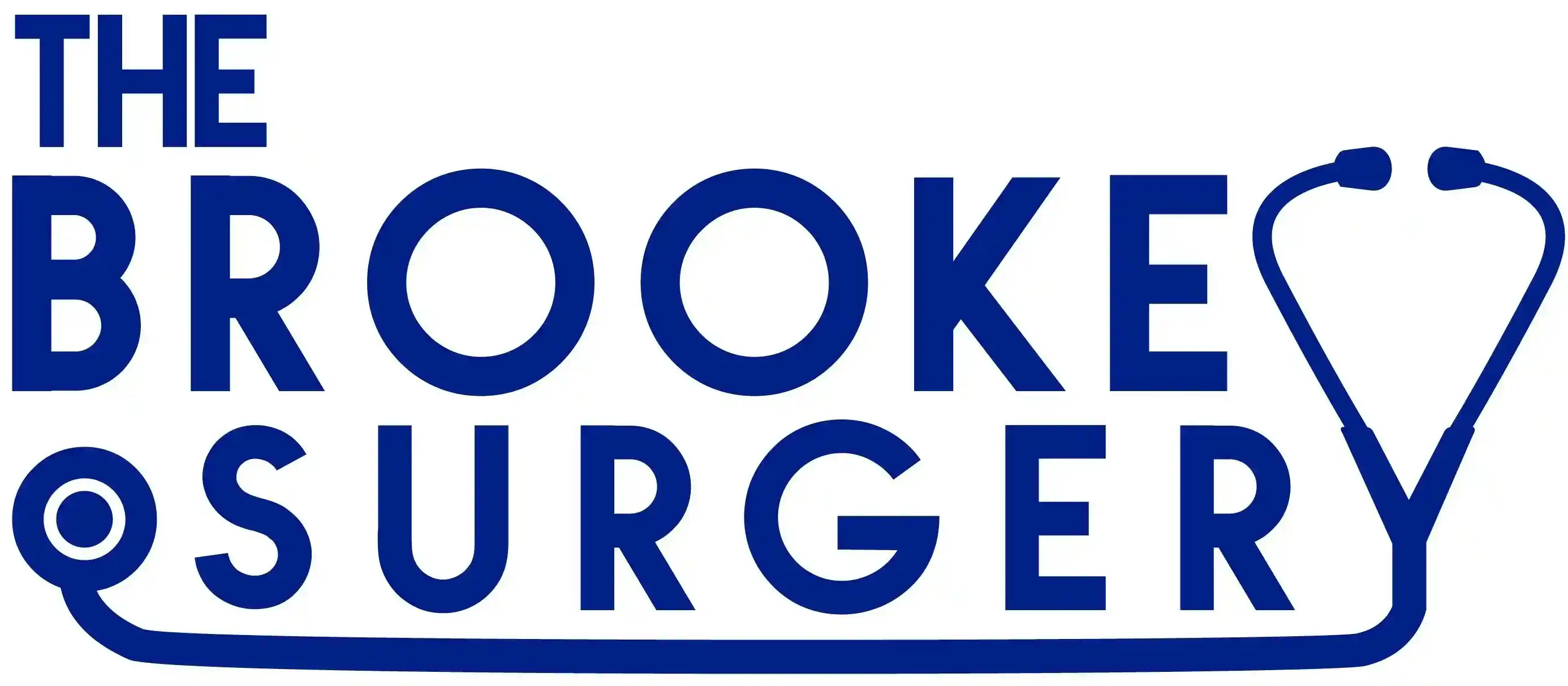We use cookies to help provide you with the best possible online experience.
By using this site, you agree that we may store and access cookies on your device. Cookie policy.
Cookie settings.
Functional Cookies
Functional Cookies are enabled by default at all times so that we can save your preferences for cookie settings and ensure site works and delivers best experience.
3rd Party Cookies
This website uses Google Analytics to collect anonymous information such as the number of visitors to the site, and the most popular pages.
Keeping this cookie enabled helps us to improve our website.
Purpose
This policy outlines Brooke Surgery's position on prescribing diazepam or similar sedatives for patients experiencing fear of flying.
Policy Statement
At Brooke Surgery, we understand that fear of flying is a very real and distressing issue. However, there are several important reasons why prescribing diazepam (or similar sedatives) for this purpose is not recommended, and as such, we will not be prescribing these medications for fear of flying:
1. Safety Risks in an Emergency
- Diazepam is a sedative, meaning it makes you drowsy and less alert. In the event of an emergency during your flight, it could impair your ability to concentrate, follow instructions, and react appropriately. This could put both you and those around you at risk.
2. Increased Risk of Blood Clots (DVT)
- While sedatives can help you sleep, they induce an unnatural, non-REM sleep, meaning you move less than you would during natural sleep. This lack of movement increases the risk of developing deep vein thrombosis (DVT), a dangerous blood clot that can travel to the lungs. The risk is even higher on flights longer than four hours.
3. Unexpected Side Effects
- While most people find benzodiazepines sedating, some experience paradoxical effects such as agitation, aggression, or disinhibition. This could lead to unpredictable behaviour, putting your safety and that of others at risk. Such behaviour could also have legal consequences.
4. Not Recommended by Medical Guidelines
- According to the prescribing guidelines followed by doctors (BNF), benzodiazepines are not recommended for treating phobias. Prescribing them for fear of flying would go against these guidelines and carry legal risks for your doctor. Benzodiazepines are only licensed for short-term use in cases of acute generalised anxiety, which requires appropriate mental health support rather than a temporary solution for flying.
5. Legal Issues in Other Countries
- Diazepam and similar medications are illegal in certain countries. Carrying them could result in confiscation or even legal trouble with the authorities.
6. Potential Issues with Drug Testing
- Diazepam stays in your system for a significant time. If your job requires random drug testing, you may fail the test as a result of taking this medication.
Alternative Support for Fear of Flying
Rather than relying on medication, a much more effective and long-term solution is to address your fear of flying through a dedicated course. Many airlines offer specialised programmes to help passengers overcome their anxiety:
- EasyJet – Fearless Flyer Course
- British Airways – Flying with Confidence
- Gatwick Airport – Fear of Flying
We appreciate that fear of flying can be challenging, but these courses provide effective, practical support to help you travel with confidence.
Conclusion
We understand that this may cause some inconvenience, but our priority is to focus on our core NHS duties and ensure patient safety. We appreciate your understanding and cooperation in seeking appropriate alternatives for managing fear of flying. Our commitment remains to provide the best possible care within our practice's scope and capabilities.
